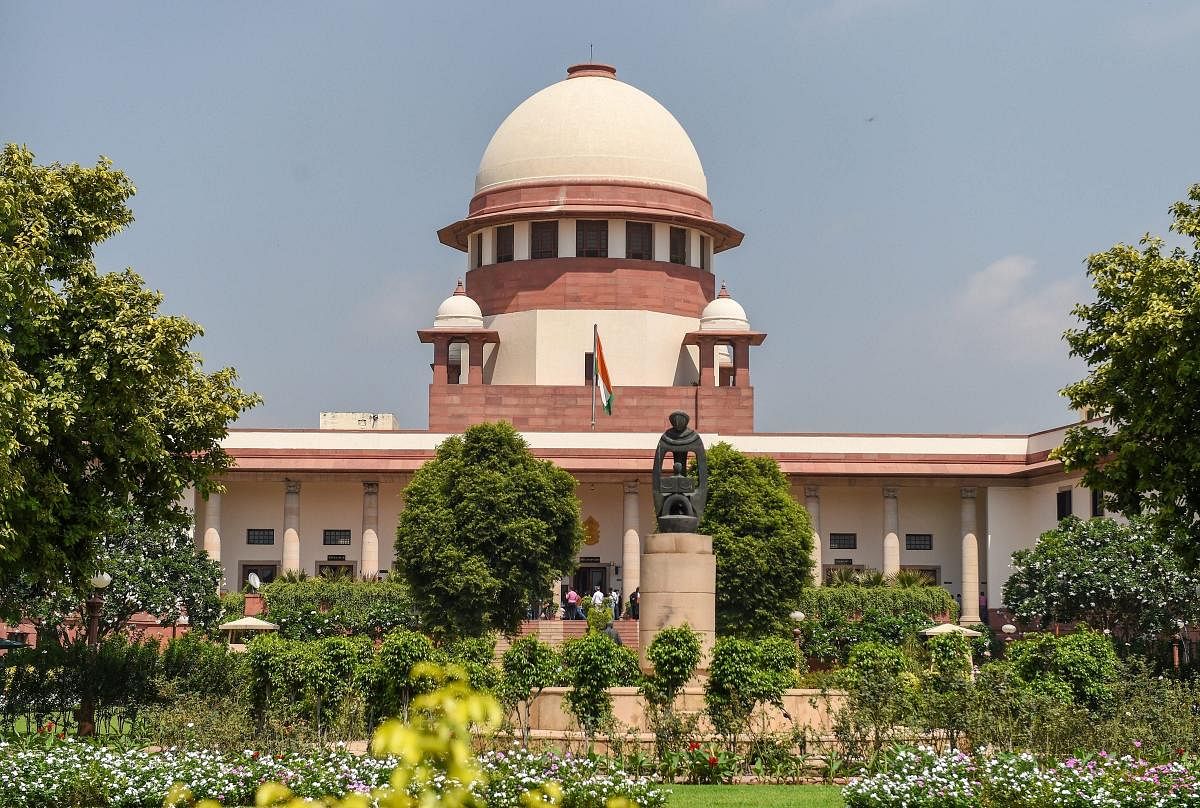The Supreme Court on Tuesday held that the identity of rape victims cannot be disclosed in any manner. It can not be revealed even for making it a rallying point to demand justice for her.
“This is a serious issue dealing with victims of heinous sexual offences and needs to be dealt with sensitivity,” a bench of Justices Madan B Lokur and Deepak Gupta said.
Finding that the society, “unfortunately” treated the rape victims as “untouchable and pariah” and at times questioned her, the court issued a slew of guidelines while interpreting the provision of 228 A of the IPC which made disclosing their identity as a punishable offence with a maximum jail term of two years.
“We hold that no person can print or publish the name of the victim or disclose any fact which can lead to the victim being identified and which should make her identity known to the public at large,” the judgement authored by Justice Gupta said.
The court explained that the media would include social media as well. It noted with concern that the media recently published news items in a manner which led to the identification of the victims in certain cases.
With regard to victims who are of unsound mind or are dead, whose names can be used as symbol of protest, the court said, “It is not at all necessary to disclose the identity to arouse public opinion and sentiment."
“If a campaign has to be started to protect the rights of the victim and mobilise public opinion, it can be done so without disclosing her identity,” the court added.
The court also told the police and other authorities that the name of rape victims as well as details of such FIRs, including those under the Protection of Children from Sexual Offences Act, cannot be made public or put in public domain. It asked them to use a pseudonym to describe the victim.
If it is necessary to part with documents, the names of victims should be removed, the court said.
Wtih regard to adult victims willing to come in public, the bench said, nobody can have any objection if the victim is an adult.
In cases, where the next of kin may be justified in disclosing the identify of the victim, the bench said an application to authorise the disclosure should be made only in the district court and the sessions judge or magistrate would decide it on basis of the law laid down.
The top court also directed all states to set up on one-stop centre with medical examination and video conferencing facilities for rape victims in each district within one year.

